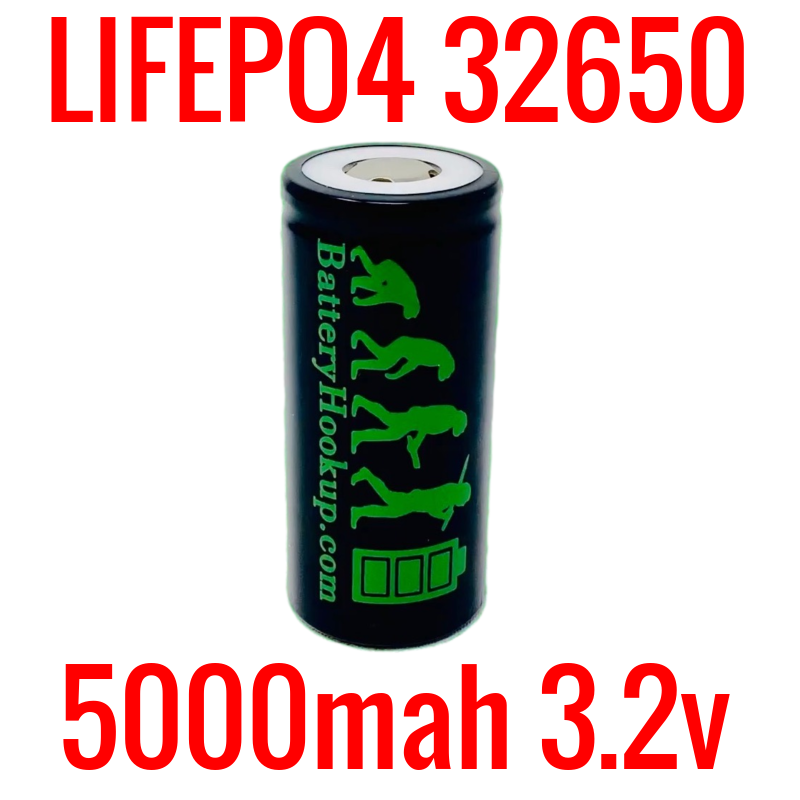I have been designing a system to provide refrigeration to an off grid cabin. As I calculate various options, I am leaning towards refrigeration without batteries. If I could have a solar panel run a compressor to chill and freeze water, the unit should maintain temperature. I could have panels connected to a buck converter to some capacitors and then an inverter. The inverter starts the compressor and it runs continuously as long as the sun shines.
Could such a design work? I worry about killing the inverter with frequent cycling.
Could such a design work? I worry about killing the inverter with frequent cycling.





